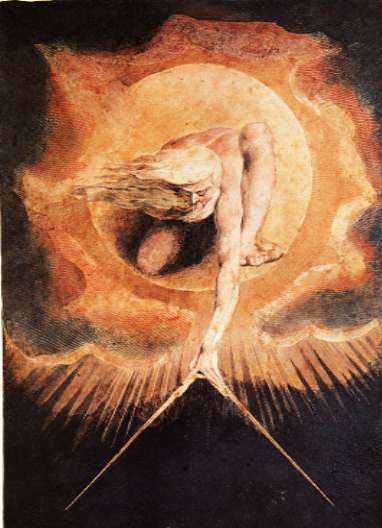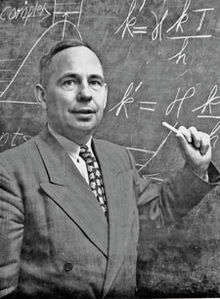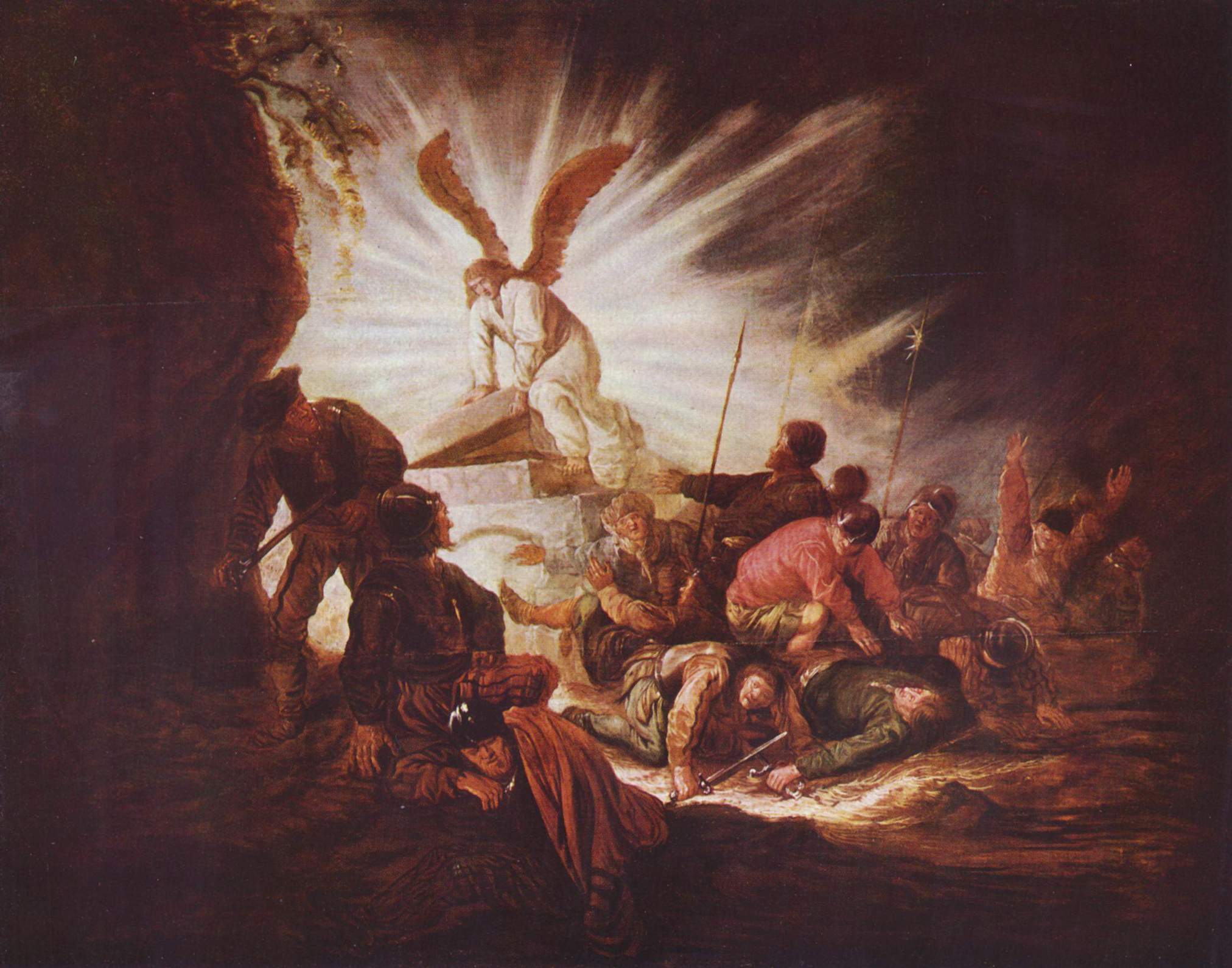Category: Cornucopia
-

Happy Mother’s Day
Mother’s Day is a bit like Christmas time in terms of the mass solicitations sent out from various NGOs. To be honest, these are perhaps the only mass emails that I don’t mind. And I frankly agree with their general point: what better way to wish your own mother a Happy Mother’s Day than by…
-
Reading the Bibles: Why Translations Differ (Part 4)
This is the third of four categories explaining why translations differ. 3) How does the translator resolve ambiguities on the word-level? Hebrew writing did not indicate doubled letters (which are significant) or vowels until the 8th/9th century AD*, when Jews who had memorized the pronunciation of the traditional text came up with a system (three,…
-
Reading the Bibles: Why Translations Differ (Part 3)
Here is the second of four categorical reasons why translations may differ. 2) How does the translator parse the mechanics (syntax, etc.) and disambiguate the text on the sentence and paragraph level? (NB: This is a very simplified presentation of complex subjects.) Biblical Hebrew is very different from English. Like many other ancient languages, it…
-
Reading the Bibles: Why Translations Differ (Part 2)
Before looking at the two sample passages in detail, I want to familiarize you with some basic information about the Old Testament text and translation issues. And in the last part, I’ll make some suggestions about how to approach the text like this when you haven’t studied Greek or Hebrew. I’ve divided these into four…
-

Exploring Mormon Thought: Darwin
We’ve come to the last chapter of Blake Ostler’s first volume of Exploring Mormon Thought. After five months of reading and writing about this first book, I’m even more convinced than when we began that Blake’s work is and will continue to be the indisputable starting point for our generation’s work in Mormon philosophical theology.
-
Reading the Bibles: The Problem (Part 1)
I received the following from an educated friend, and got permission to respond via blogposts. Slightly edited, he asks- >>As someone without training in the original languages, how can I evaluate alternate translations of scripture? Here’s what motivates this question: I’ve been reading Grant Hardy’s Reader’s Edition of the Book of Mormon, which I love.…
-
BMGD #19: Mosiah 18-24
CHAPTER 18 1 And now, it came to pass that Alma, who had fled from the servants of king Noah, repented of his sins and iniquities, and went about privately among the people, and began to teach the words of Abinadi— Are “sins” and “iniquities” two different things or two different ways of saying the…
-

Misattributed Quotes of Note: Henry Eyring (Sr.) on Babies, Bathwater, and Authority
This wisdom is often attributed online to Elder Henry B. Eyring, but none provides a source. It was Henry Eyring Sr., non-Apostle and brilliant prolific scientist who gave this nugget of wisdom. However, Henry Eyring Jr. apparently took the lesson to heart, as he has said similar things. And perhaps he quotes his father somewhere.…
-
The Same 10 Families
With the exception of student wards, every ward or branch I’ve attended seems to rely on a few families to fill all of the major callings. We’ll call them “the same ten families.” In our Long Island branch, there were about six families that carried the load. The branch president was married to the young…
-
Exploring Mormon Thought: Christ
I haven’t any real idea who or what or how—or even when!—Jesus Christ was. And is. And will be. As odd as I’m sure it sounds, I’m not terribly interested in changing that situation. I suspect that, in large part, my ignorance and feeling of content concerning that ignorance are more a side effect than…
-
Sacrifice and retention: An unsolvable dilemma?
In Lectures on Faith, Joseph Smith taught that “a religion that does not require the sacrifice of all things never has the power sufficient to produce the faith necessary unto life and salvation” (Lecture 6, verse 7). The Church’s dramatic history demonstrates that this call to sacrifice was not mere rhetoric. Extolling the endurance of…
-

Reading Tom Wright’s New Testament Commentary for Everyone
Writings on the scriptures often comes from one of two perspectives. 1) Devotional-but-clueless, i.e. the author is able to read/write devotionally on a passage because they don’t know any other way to read it. They don’t address context or difficulties or objections or avoid pitfalls, because they’re completely unaware of them. It’s often trite and…
-
Dear SLCHQ,
Hiya, It has recently come to my attention that my ward and stake are in a gross state of apostasy. I was completely unaware of this until I saw this infographic on the LDS Newsroom site, but now that I know about it, I really think you need to send us some GAs to reorganize…
-
A Nation of Heretics?
Ross Douthat posted a column adapted from his new book, Bad Religion: How We Became a Nation of Heretics (Free Press, 2012). Mormons are used to denigrating references — recall Mitt Romney’s response to the Baptist pastor Robert Jeffress, “I’ve heard worse” — but it still has some shock value for most American Christians, who…
-
Exploring Mormon Thought: God As Limit?
It seems hard to deny that some kind of structure, however fragile or unstable, organizes human experience. And it seems hard to deny that a major aspect—if not the determining characteristic—of the structure of experience is time. Let’s grant all that for the purposes of this week’s discussion. If we take as paradigmatic the structure…
-
Wheat for Man
It’s pretty obvious that wheat is spiritually required. Let’s list some reasons why: 1. The Doctrine and Covenants says directly, “wheat for man.” 2. Jesus ate wheat, and specifically gave wheat to his followers and commanded them to eat it. Multiple times. 3. Jesus specifically said that wheat is righteousness. 4. There are about a…
-
Seeing the Future of Mormonism
If you want to know where Mormonism going, look at Mormon missionary work. Mormonism is nothing if not a missionary church. Indeed, the evangelical imperative of the religion has consistently defined its teachings, theology, and culture. For example, if one is looking to read Mormon theology in the nineteenth century, you would find little in…
-

Teleos
The door is the first thing I notice: an automatic sliding door with three wide panels of glass. When I step on the sensor mat, the third panel slides back behind the second and the second slides back behind the first, leaving a doorway at least ten feet across. It takes me a minute to…
-

Easter Morn
The hot cross buns in the kitchen are on their final rise; meanwhile, the kitchen smells of cinnamon and allspice and lemon and orange zest.
-
King Benjamin and the Moral Irrelevance of Panhandlers
For many people, being confronted by a panhandler presents a moment of profound moral choice. I think that these people are confused. As I understand it, the panhandler presents a moment of profound moral choice because he forces us to confront the reality of poverty and our willingness to do something about it. To give…
-

Exploring Mormon Thought: Immediacy
The trouble is time. When the Buddha first turned the wheel of the dharma with his inaugural discourse at Varanasi, he articulated the first pressing reality (i.e., the first “noble truth”) of life as the truth that “Life is suffering.” He could just have easily said, “Life is time.” Gotama claimed this “stainless insight” into…
-

Lent
We are now in Holy Week, and Lent is ending. I’ve been fasting. It’s nothing onerous; just giving up sweets and meats. I’m not a huge fan of penance and self-flagellation, but to be honest, I probably eat too much of both categories for both my conscience and my health. But even if a little…
-
Randy Bott and the Need For Peer Review
The embarrassing appearance of BYU Professor Randy Bott’s unsavory speculations about race in a Washington Post article a few weeks ago will undoubtedly have led some BYU administrators and perhaps even some members of the Board of Trustees to spend a few moments thinking carefully about the way BYU teaches church doctrine. It is disturbing…
-
City Creek and the Choices of Thrift
Jana Riess, a person for whose intelligence and good will I have a great deal of respect, has an article up criticizing the new City Creek mall that that Church has financed in Salt Lake City. You ought to go read Jana’s article. To massively over simplify her point, the mall represents a basic moral…
-

No Women Allowed: Why Exclusion Makes the Priesthood Awesome
In the name of full disclosure and in order to clarify my agenda, if any, note I tend to agree with Ralph Hancock a great deal of the time and to disagree with Joanna Brooks about as often. In addition, even before I began blogging in 2003, I wrote for Meridian Magazine. (I was one…
